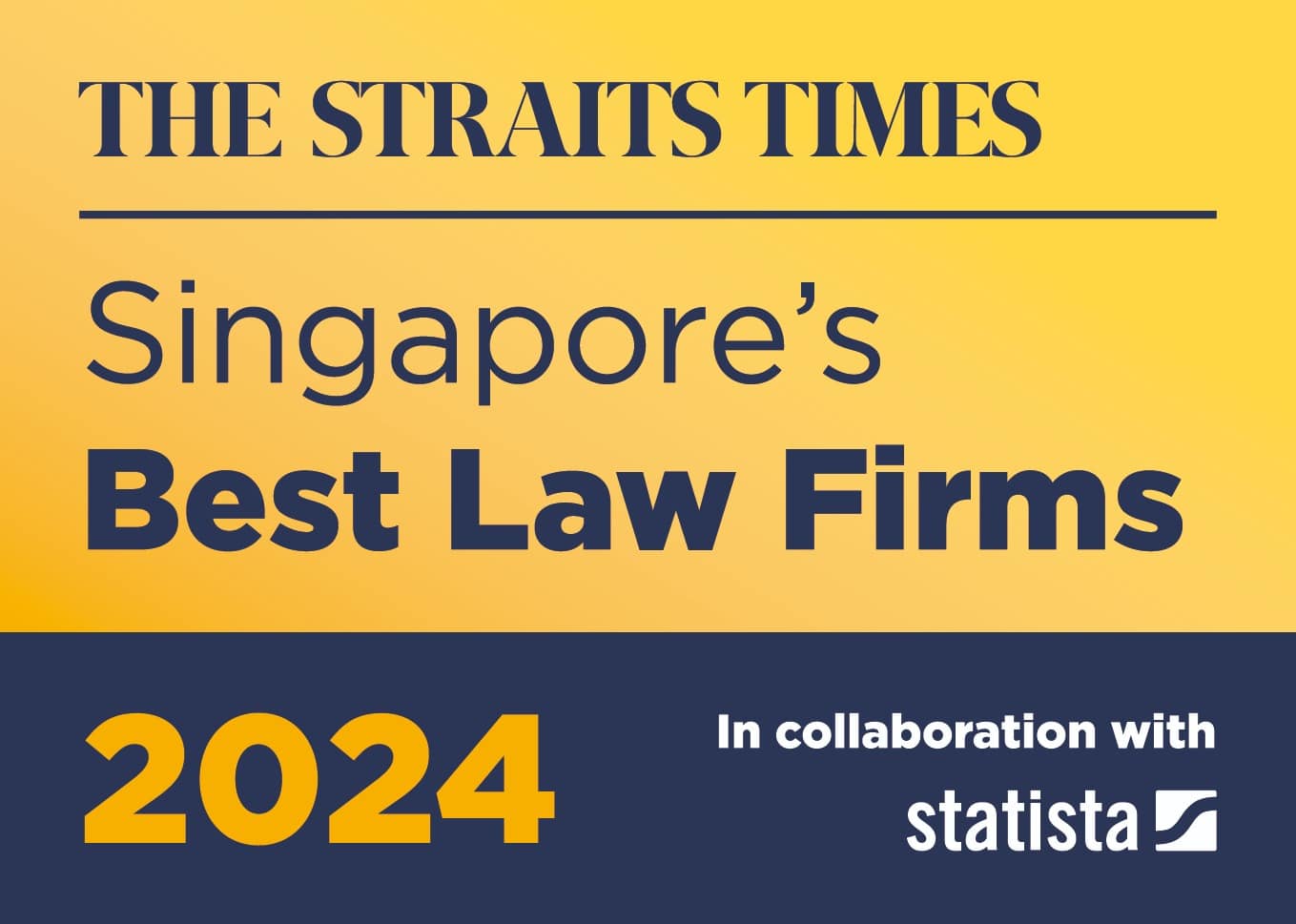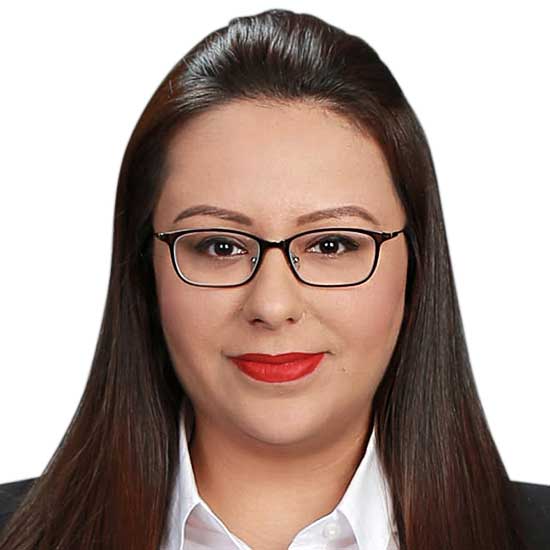Divorce Maintenance Lawyers in Singapore
Am I Entitled to Monthly Divorce Maintenance in Singapore? Understanding Your Rights
Under Singapore law i.e. the Women’s Charter, there is an obligation to provide monthly maintenance to the spouse (Wife or incapacitated husband (as the case may be) and/or the children. This financial support is expected to continue both during and after the marriage, ensuring the well-being and stability of the family. It is important to note that the court plays a crucial role in examining the circumstances and ordering reasonable maintenance to protect the interests of the parties involved.
Understanding Divorce Maintenance in Singapore: Your Entitlements
Spousal Maintenance
Spousal maintenance is financial support that is paid by one spouse to the other during (interim maintenance) or after the marriage has ended. Spousal maintenance can be awarded for a variety of reasons, including:
- The spouse who is receiving maintenance is unable to work due to a physical or mental disability.
- The spouse who is receiving maintenance is a stay-at-home spouse who has not worked outside the home for a significant period of time.
- The spouse who is receiving maintenance has young children and needs financial support to care for them.
- The spouse who is paying maintenance has a higher income than the spouse who is receiving maintenance.
The amount of reasonable spousal maintenance that is awarded is based on a number of factors, including:
- The income and earning capacity of each spouse.
- The needs of each spouse.
- The standard of living during the marriage.
- The length of the marriage.
- The age and health of each spouse.
- The ability of each spouse to obtain employment.
- The contribution of each spouse to the marriage.
Child Maintenance
Child maintenance is financial support that is paid by one parent to the other to help support their children after the marriage has ended. Child maintenance is always awarded to children, regardless of the reason for the divorce or separation.
The amount of child maintenance that is awarded is based on a number of factors, including:
- The income and earning capacity of each parent.
- The needs of the children.
- The standard of living during the marriage.
- The length of the marriage.
- The age and health of the children.
- The ability of each parent to obtain employment.
How to Apply for Maintenance
If you are seeking spousal or child maintenance, you can apply to the Family Court for a maintenance order. Alternatively, you may apply for maintenance through our lawyers in our law firm. The court will consider all of the relevant factors listed above when making a decision about whether to award maintenance. If you are awarded maintenance, the amount of the award will be based on your needs and the ability of your spouse to pay.
Enforcing Maintenance Orders
If a spouse or parent fails to pay maintenance, the other spouse or parent can take steps to enforce the maintenance order. These steps may include:
- Garnishing the spouse or parent’s wages.
- Obtaining a court order requiring the spouse or parent to pay the maintenance.
Our Approach: Non-Confrontational and Constructive Resolutions
At our law firm, we prioritize non-confrontational and constructive approaches to resolving maintenance-related matters. We understand the emotional toll and financial strain that legal battles can impose on individuals and families. Our team of skilled lawyers will guide you through the process, exploring alternative dispute resolution methods, such as mediation or negotiation, to reach fair and amicable agreements. We aim to protect your interests while minimizing the adversarial nature of the proceedings.
Recent Judicial Pronouncements on Maintenance
- WBU v WBT [2023] SGHCF 3 by Debbie Ong JAD at [35] to [39]
“35 I am of the view that there should not be a starting point that parents bear the financial burden of child maintenance equally. While both parents have the equal parental responsibility to care and provide for their children (see s 46(1) and s 68 of the Charter), it does not necessarily follow that every component of this duty must be borne equally in numerical terms, nor is it possible to divide the parenting duties in strictly mathematical ways. Instead, the financial obligations of parents may differ depending on their means and capabilities (see UHA v UHB [2020] 3 SLR 666 at [36]). In respect of maintenance, the Court of Appeal noted in AUA v ATZ [2016] 4 SLR 674 (at [41]):
Undergirding these provisions [ie ss 68 and 69(4) of the Charter] is the principle which we would, to borrow an expression from another area of the law, call the principle of common but differentiated responsibilities: both parents are equally responsible for providing for their children, but their precise obligations may differ depending on their means and capacities (see TIT v TIU [2016] 3 SLR 1137 at [61]). The Charter clearly contemplates that parents may contribute in different ways and to different extents in the discharge of their common duty to provide for their children.
[emphasis added]
36 It would thus be undesirable to assume, as a general rule or a starting point, that the financial obligation of maintenance should be borne equally in numerical terms between the parties. Marriage entails both financial and non-financial obligations – each spouse contributes in different aspects towards the marriage, and they fulfil different roles according to their individual capabilities in ensuring the welfare of the child.
37 In AKC v AKD [2014] 3 SLR 1374, the wife relied on the case of BNH v BNI [2013] SGHC 283 for the proposition that even if one parent earns less than the other, both parents may still have to bear the children’s expenses equally. Choo Han Teck J opined that there should not be a rigid rule to the effect that the costs of maintenance of children should be equally borne by both parties; such a rule would go against the express wording of s 69(4) of the Women’s Charter which mandates that the entirety of the circumstances have to be taken into account in assessing reasonable maintenance. I agree. Choo J noted that the wife earned close to four times the husband’s annual income. Ordering a monthly maintenance of $4,500 (sought by the wife) would require the husband to fork out close to half of his income for maintenance alone. In the circumstances, Choo J ordered the husband to make a lump sum payment of $300,000 or $3,500 monthly maintenance for the two children of the marriage.
38 I add that financial capacity need not be rigidly ascertained by sole reference to income alone. Consistent with s 69(4)(b) of the Charter, the court should consider the parties’ “income, earning capacity (if any), property and other financial resources”, as well as significant liabilities and financial commitments. For instance, a party who earns no income but has substantial savings or had received substantial inheritance would well be able to afford to bear a higher burden of the maintenance obligation, if reasonable in the circumstances of the case. The court should also have regard to the assets received by parties after the division of their matrimonial assets.
39 Both parents have the equal duty to maintain the child (see s 68 of the Charter), but this does not necessarily translate to bearing an equal quantum of maintenance. Each case must turn on its own facts. Suppose, hypothetically, the quantum of a child’s reasonable expenses is $1,000. Let us say that in one scenario (“Scenario (1)”), one parent earns $10,000 while the other earns $20,000 a month. It is assumed that both parents do not have much in other financial resources. Equal apportionment will result in each parent paying $500 towards maintaining the child. This is affordable and does not place too heavy a burden on the parent who earns less (at $10,000 a month). In such a situation it would seem that both parents have the financial means to pay a maintenance sum of $500 each. While there is no starting point of equal apportionment, to order equal apportionment in such a circumstance would nevertheless be reasonable and fair, and consistent with a broad-brush approach. Let us then vary the hypothetical situation to another scenario (“Scenario (2)”). In Scenario (2), one parent earns $10,000 while the other earns $2,000. If a maintenance quantum of $1,000 is apportioned equally, the spouse who earns less (at $2,000 per month), will have to use one-quarter of his or her monthly income for such a maintenance sum. This would seem to be a significant financial burden to that spouse. In such a situation, it will seem more reasonable for the spouse earning $10,000 to bear a higher proportion of the maintenance sum.”
Case Study 1: Successfully Resolving Maintenance Matters through Mediation
In a recent case, “Ms. M” sought our assistance in determining the appropriate amount of monthly maintenance. Through mediation, we facilitated open and respectful communication between “Ms. M” and her former spouse, allowing them to jointly determine a maintenance arrangement that met their needs and the best interests of their children. By opting for mediation, “Ms. M” avoided a lengthy and costly court battle and achieved a satisfactory resolution.
Case Study 2: Ensuring Fair Maintenance for the Dependent Spouse
“Mr. L” approached our firm seeking assistance in determining a fair amount of monthly maintenance for his wife, who had been financially dependent throughout the marriage. Our skilled lawyers meticulously assessed the financial needs of the dependent spouse, taking into account her living expenses and ongoing commitments. With a focus on fairness and ensuring a stable post-divorce life for the dependent spouse, we successfully negotiated a maintenance agreement that addressed her financial needs and provided her with a sense of security.
Case Study 3: Securing Adequate Support for the Children
In a case involving “Mrs. S,” the primary concern was securing adequate maintenance for the children. Our team worked closely with “Mrs. S” to assess the children’s financial needs, considering educational expenses, healthcare costs, and extracurricular activities. Recognizing the importance of maintaining the children’s standard of living, we pursued a fair and reasonable maintenance arrangement that provided for their well-being. Through negotiation and the court’s intervention, we secured a maintenance order that ensured the children’s continued financial stability.
Case Study 4: Advocating for Maintenance for an Incapacitated Husband
“Ms. D” sought our assistance in a unique case where her husband had become incapacitated and was unable to work or support himself financially. We understood the challenging circumstances and the importance of ensuring the husband’s well-being. With empathy and a comprehensive understanding of the law, our lawyers guided “Ms. D” through the legal process, advocating for a maintenance arrangement that would provide for her husband’s medical needs and living expenses.
These case studies exemplify our commitment to securing fair and reasonable maintenance arrangements, whether for dependent spouses, children, or individuals facing unique circumstances. We leverage our expertise and experience to navigate the complexities of maintenance matters, ensuring the best possible outcome for our clients.
The Role of the Court: Ordering Reasonable Maintenance
While non-confrontational methods are encouraged, the court plays a vital role in cases where amicable resolutions cannot be reached. The court’s responsibility is to carefully examine the circumstances and order reasonable maintenance to ensure the well-being of the wife, children, or an incapacitated husband, in accordance with Singapore law. Our experienced litigators will passionately advocate for your rights and interests in court, presenting a compelling case supported by meticulous preparation.
Trust in Our Experience: Resolving Maintenance Matters Effectively
Our team of experienced lawyers has successfully handled numerous maintenance cases, providing our clients with sound legal advice and representation. We understand the nuances of Singaporean family law and will guide you through the intricacies of the process. Our goal is to secure a fair and equitable resolution, ensuring your financial well-being and the stability of your family.
The Straits Times, in collaboration with Statista, has recognized I.R.B Law as one of the leading family law firms in Singapore. This honor mirrors our unwavering commitment to legal excellence and our ability to deliver exceptional legal services tailored to our client’s unique needs.
Trust in our dedicated team’s ability to guide you through this complex process with competence, compassion, and respect. Our team’s dedication, coupled with our experience in dealing with diverse and complex cases, makes us your ideal ally in seeking a successful resolution to your legal process in Singapore.
Author: Mohamed Baiross/IRB LAW LLP


Service areas
- Spousal Maintenance
- Child Maintenance
- Child Custody / Care & Control
- Uncontested / Contested Divorce
- Asset division (incl. HDB /
Property/ CPF and more)
Why choose us?
Integrity
We are committed to resolving
your matter quickly and without
incurring unnecessary costs.
Experienced Professionals
We offer more than the typical
incorporation companies. We
are also a full service law firm
with 20 full time lawyers.
Transparent, Affordable Fees
We believe legal services should
be affordable to all. We offer
transparent, affordable, and
fixed free pricing.
Meet Some of the Maintenance Law Team
Mohamed Baiross
Founding Partner
Baiross is the managing partner of IRB Law LLP. He is an experienced lawyer with an excellent reputation across a broad selection of practice areas including divorce, insolvency, crime, probate, syariah, and civil litigation.
Kulvinder Kaur
Partner
Kulvinder’s practice focuses on civil and commercial litigation, and matrimonial affairs. She has successfully obtained sole custody and highly favorable access arrangements for her clients (both mothers and fathers).
Cherie Tan
Partner
Cherie’s primary focus is on matrimonial matters where her empathy, sensitivity and patience has won her many cases involving divorce, maintenance and custody. She speaks English, Mandarin and Hokkien.
Featured Content

Guide to Divorce in Singapore
isdiction and eligibility For the Singapore Courts to have jurisdiction to hear proceedings for divorce, either of the parties: Must…
26.04.2024

The Aftermath of Divorce: Maintenance in Singapore
Often after a divorce, a party may lack the financial means to look after themselves. They may have been the…
29.05.2021

Spousal and Children’s Maintenance in Singapore
In this article, we will run through the general laws surrounding spousal and child maintenance in Singapore. Singaporean family law…
08.04.2020






